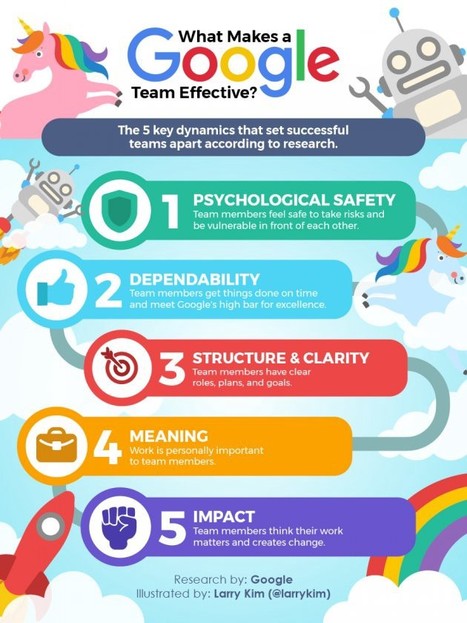While it's relatively easy for competitors to implement technology similar to yours, duplicate your strategy, and even mimic your culture, they can't clone your people. That's why most organizations agree talent is a top priority. At the end of the day, people are your truest form of sustainable competitive advantage.
To expand the capabilities of their best asset, most organizations invest in some form of continued development. Research from the Brandon Hall Group revealed the average training budget for large organizations hovers around $13 million. Also, out of all the delivery mediums available (i.e., mobile apps, simulations, and e-learning), classroom settings are still chosen 22 percent more often than any other modality.
This research came as a bit of a surprise, given all the advancements in technology. Although the study also indicated classroom settings were effective, I couldn't help but think that many companies are behind the times.
As a part of the research, Rallyware, a training platform that delivers adaptive learning solutions, interviewed learning and development thought leaders to get their perspective on how technology will shape the future of corporate training.
Through these interviews, five e-learning trends emerged:
1. Employees will learn on the go.I'm not the only one who says yes to projects that I'm not 100 percent certain I can do, right? My motto is say yes and figure it out later. It's risky, but it's also a lot of fun. I can't tell you how many times a YouTube video or an on-demand course from Lynda.com has saved me.
Kevin Delaney, VP of learning and development at LinkedIn, realizes that future corporate training must adopt to these types of situations. Two-day workshops aren't efficient enough. We need access to just-in-time solutions that help us troubleshoot issues within minutes. In his interview, Delaney offered valuable insight that foreshadows future learning tools: When employees are stuck, they want the answer quickly.
It doesn't help them to sign up for a class that will happen three weeks from now and sit through a four-hour session to get the answer they need this minute. They are more inclined to engage in learning if they can watch a short video that they have access to 24/7 on any device.
2. The learning experience will be highly customized.Different learning styles and varying role responsibilities are making big-box, off-the-shelf learning solutions less and less effective. Now, customized and concentrated learning experiences are critical. Employees need access to content that's relevant, easily digestible, and engaging.
Delaney offered some opinions on how personalized training should be delivered:
First, don't bore people. Bored people don't learn. Second, there is no one-size-fits-all approach to learning. Companies need to offer a variety of solutions and focus on creating a one-size-fits-one experience.
3. Learning and development professionals won't create but curate.The amount of content on the web is unbelievable. Udemy, an e-learning provider, has more than 65,000 courses on its site alone. With employees' increased access to content, learning is now a dual responsibility. Learning and development professionals can pinpoint key learning areas and vehicles and employees can be proactive about owning their development.
The days of creating a huge list of internal content are changing, says Beth Loeb Davies, director of learning and development at Tesla:
At this point, I believe that we don't need to produce our own content in organizations as often as we did before but rather find the right material and deliver it to those who need it when they need it ... People are already learning through alternative media. Our role is becoming to curate resources in the context of the company culture and people's needs.
4. Employees' job responsibilities will be mixed.Many organizations are shifting to flatter and more efficient org charts. However, the same amount of work still needs to get done. It's not uncommon to see employees operating outside their job descriptions. If organizations expect to do more with less, then they'll need to broaden the scope of skills development, says Tom Brown, VP of HR Americas and APAC at eBay:
Companies will need to ensure that there are opportunities for their employees to build a quorum of different skill sets which won't necessarily be linked to their job titles. It means that there will be a decreasing emphasis on the career ladder, as we know it.
5. The data-driven approach to talent development will be a matter of course.Data is a powerful validator, especially for cost-center functions like learning and development. Now, through advances in technology, initiatives that were traditionally seen as nice-to-haves can produce quantitative results proving their value. HR (the department in which learning and development professionals sit) will have to adjust, says Kvon Tucker, an Amazon global leadership development partner.
HR will need to become more data driven ... Learning experience data will be most valuable to companies, to help them track and correlate the most important experiences to the development outcomes needed for the organization.
This is a lot to take in. If leaders want to address all these trends, then they'll have to consider new technology including artificial intelligence, data, and machine learning. These tools are giving leaders the ability to analyze individual behavior and then deliver the right content to the right people at the right time on the preferred device. If you haven't already, take a look at microlearning, big data, and gamification to see if they're the right solution for your organization.
Via The Learning Factor



 Your new post is loading...
Your new post is loading...
















Leaders in the learning and talent development space discuss trends affecting the future of corporate training.
While it's relatively easy for competitors to implement technology similar to yours, duplicate your strategy, and even mimic your culture, they can't clone your people. That's why most organizations agree talent is a top priority. At the end of the day, people are your truest form of sustainable competitive advantage.